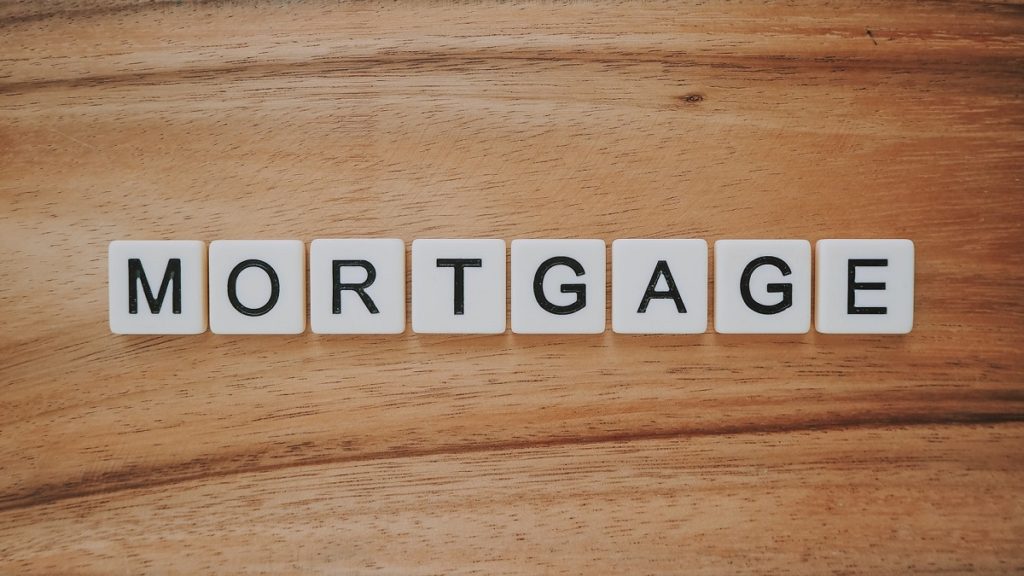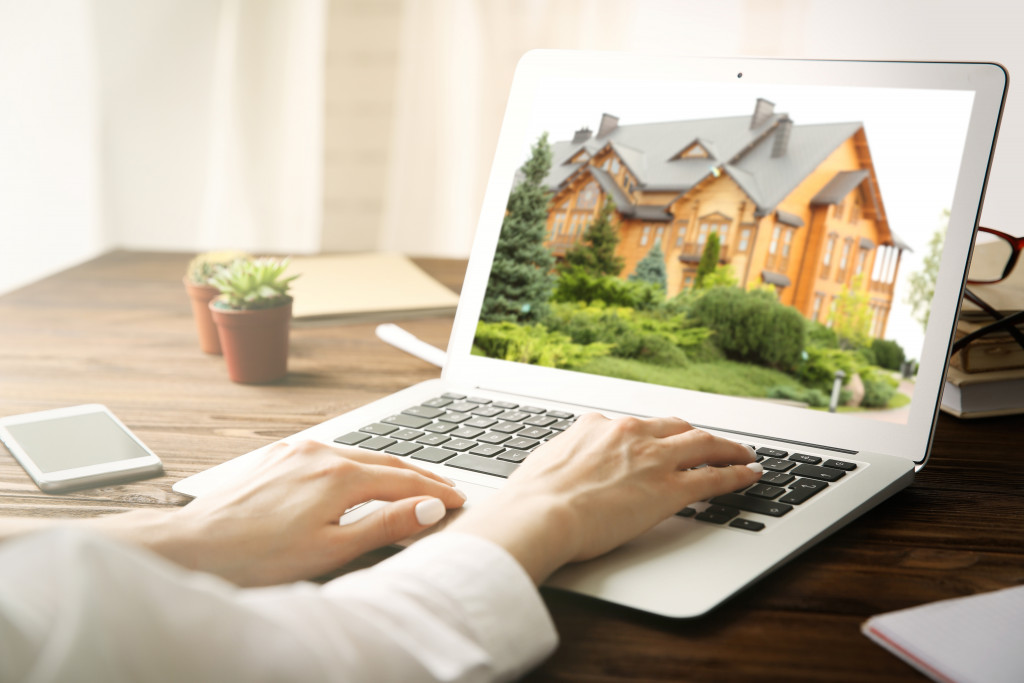Much like every industry worldwide, the real estate industry was affected by the COVID-19 pandemic in a significant way. It changed the behavior of home buyers and sellers. It changed the value of certain houses and locations. But, again, much like every industry, the real estate industry tried its best to adapt to the sudden changes so that they could continue their services and selling houses.
But ever since the early days of the pandemic, it’s clear that the real estate industry needs to do more than adapt to the changes. It needed to completely transform to continue thriving even as the pandemic goes on. As McKinsey & Company wrote, the industry changes that started because of the pandemic may continue long after the health crisis passes.
As a home-buyer, it’s your responsibility to know and understand the state of the real estate industry right now. This is the first step to home-buying. It’s a whole ordeal, and a lot of money is at stake, so it’s crucial to make smart decisions. To help you with that, these are the things that you should know before you actually start hunting for a house.
Finding the Right Location
Before the pandemic, you might already have a long list of criteria for your house’s prime location. After all, it’s where you and your family will settle down and grow old. So it’s crucial to settle down in the perfect town or city. First, we need to consider the convenience. Is it near or far from you and your spouse’s workplace? Is it well-within a competitive school district where your kids can effectively build their academic careers? Does it have a lot of commercial establishments?
But today, there’s one important aspect that was newly added to our list. And that is the state of COVID-19 cases in the area. Is it a hard-hit area? How did the government respond and manage it? Is it recovering now? In the United States, Los Angeles, Detroit, and Houston were hit the hardest by the coronavirus. Each of them responded differently to the crisis. So before you could consider moving in them, consider first how the coronavirus affected their residents.
Dealing with Rising Mortgage Rates

During the height of the pandemic, we’ve all heard about various reports about the declining mortgage rates around the country. People’s behavior as house-buyers was severely affected by the pandemic. They were more concerned about staying put in their current homes rather than venturing to other locations. They were also restricted by various travel bans and stay-at-home orders.
As the number of COVID-19 cases rose, mortgage rates went down to a new record low again and again throughout the year. Back in November 2019, the rate for the 30-year mortgage had an average rate of 3.66 percent. But in November 2020, it averaged 2.72 percent.
But in 2021, mortgage rates will rise again. So you must understand them before you acquire any loans from that bank where you do your personal banking. According to NexAdvisor, the 2.72 percent average of mortgage rates will rise to 3.7 percent in 2021. This, of course, means that your monthly payment will also increase.
Increase in Home Prices
Back in September 2020, Bloomberg published an op-ed about buying a house during a pandemic. According to it, “a pandemic is a terrible time to buy real estate.” More than anything, it’s because sellers would often jack up the prices to take advantage of the demand. And the demand these days is certainly higher than before the pandemic started. Over 40 percent of workers in the United States transitioned to remote working. And since everyone’s spending much more time at home these days, it’s natural for them to upgrade their home life by buying a house.
You can take Bloomberg’s words to heart. But you can also take a risk and buy your own house during a pandemic. What you need to do first is to understand the increase in home prices. This is so that you can plan your home loans and budget accordingly. According to the chief economist of the National Associations of Realtors, Lawrence Yun, home prices may rise by three percent in 2021. This will go hand in hand with the rise in new-home sales, which is 21 percent, and in existing-home sales, which is nine percent.
With the vaccine distributions, people are becoming more mobile, and the economy is really starting to open up. So before you visit your bank and inquire about loans, you should understand first how the real estate industry is faring during the pandemic in 2021. This way, you’ll be sure about your smart decisions about house-buying.





